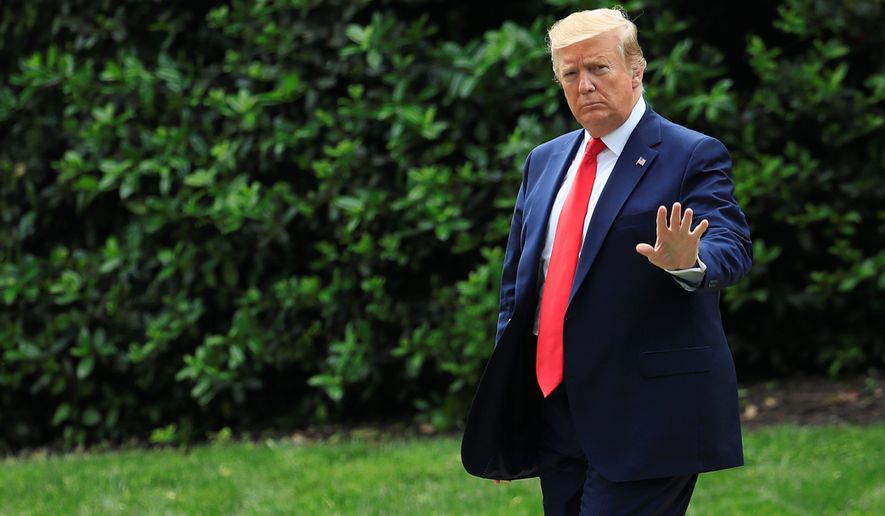OPINION:
A president who talks and acts tough on trade has been a long time coming. Donald Trump made getting fair dealing on trade a major plank in his campaign platform and has followed through. China can’t say it wasn’t warned about the imposition this week of additional tariffs on selected goods coming into the United States.
Bad trade deals have cost the United States billions of dollars and cost millions of American workers their jobs over the last several decades. Supporters of free trade find tariffs against China, Europe, Mexico and Canada hard to take. Tariffs are taxes hiding under another name and lead to higher prices for U.S. consumers. The stock market dropped 500 points after the new China tariffs were announced. Tariffs provide a safe harbor for inefficiencies, and protect markets and manufacturers from the need to innovate and increase productivity. But as a short-term strategy to get the Chinese to the table to make agreements to protect American intellectual property, for example, it might be that rare occasion on which to do something bad so that good may come. A tariff strategy worked with the Europeans, and for Japan, Mexico and Canada, and now they’re talking about new trade deals that critics of the president said would never happen.
Mr. Trump must remember that a deal on paper and signed is only the beginning. Other signatories to a deal will be tempted to cheat if they think they can get away with it. This is what’s happening now with Qatar, which by being too clever by half found a workaround to an agreement it concluded with the United States regarding the operation of the heavily subsidized Qatar Airways.
Under a deal cut a year-and-a-half ago under Open Skies, an international regulatory regime meant to enable open entry into a nation’s airspace, an airline must not use government subsidies to establish lower fares in competition with U.S. carriers.
Qatar, a nominal U.S. ally and host to the largest American military base in the Gulf, agreed to terms in January 2018 it is now subverting through its purchase of a 49 % share in an Italian carrier it renamed Air Italy. Soon afterward, Air Italy said it would offer bargain-rate flights from Milan to New York, Miami, Los Angeles and San Francisco. Qatar is using Air Italy to get access to gates at U.S. airports it said it would not pursue under its own name. The word for that is cheating. Qatar Airways is not being shy about it. Air Italy is operating flights with Qatar Airways aircraft, with financing provided by the Qatar government. Its financial statements show Qatar Airways covers Air Italy’s operating losses. Air Italy’s chief operating officer and ranking executives are former Qatar Airways senior executives. Air Italy crew uniforms that are just like those worn by Qatar Airways crews.
This hasn’t escaped the notice of U.S. carriers, which are rightly angry about it. American advocates on Capitol Hill, including Sen. Ted Cruz of Texas, a conservative Republican, and Bob Menendez of New Jersey, a liberal Democrat, are trying to do something about it. They’re asking the Trump administration what it intends to do. Unless pushed, probably nothing.
Qatar must be called to account, and not just for its own mischief but for the message that would send to the Chinese and other major U.S. trading partners. If Qatar Airways continues to use Air Italy as its proxy, and gets by with it, that would tell China, Japan, Mexico, Canada and Europe they can agree to trade deals and if they’re caught cheating the United States will look the other way. Someone could write a book, and call it “The Art of the Steal.”




Please read our comment policy before commenting.